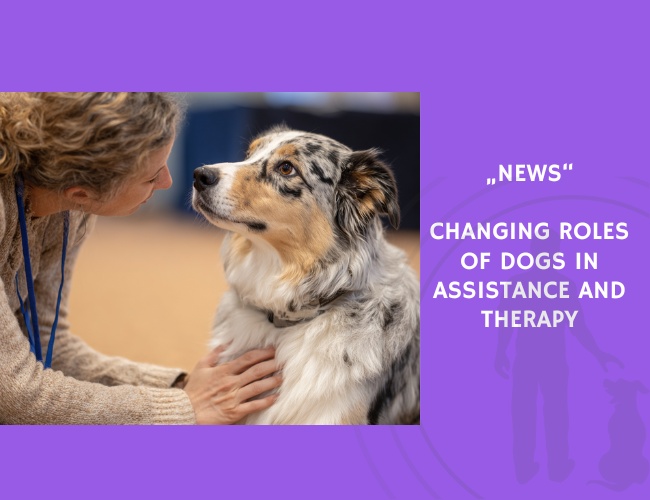Dogs have long been integral to human society, but their roles are shifting rapidly. In the United States, an estimated 78 million dogs live in households, with many serving as more than companions — they are increasingly recognized as partners in assisting, supporting, and providing therapeutic benefits for people with disabilities. Researchers Lynette A. Hart and Mariko Yamamoto note that these changes are reflected in evolving language, with terms such as “caregivers,” “guardians,” or “handlers” replacing “owners” in some contexts.
Dogs are active participants in many human endeavors, including hunting, herding, sledding, guarding, military service, law enforcement, and sports like agility and frisbee. In therapeutic and assistive contexts, specially trained service dogs aid individuals with disabilities, helping with tasks, mobility, and emotional support. Meanwhile, “emotional support animals” (ESAs) have gained legal recognition in housing and transportation, even without specialized training.
Dogs’ popularity as companions is unmatched among domestic species. Historical records, such as a 1903 survey of schoolchildren’s essays, show that dogs were valued for their affection, loyalty, and protective nature. Modern research reinforces these impressions, with studies linking dog ownership to improved physical activity, mental health, and social engagement.
The review underscores that as legal frameworks, societal attitudes, and training programs evolve, dogs’ contributions to human welfare will continue to expand — positioning them as both emotional anchors and practical partners in daily life.
Source: Hart, L. A., & Yamamoto, M. (2016). “Dogs as helping partners and companions for humans.” In Dogs as helping partners and companions for humans. Psychology Review.










